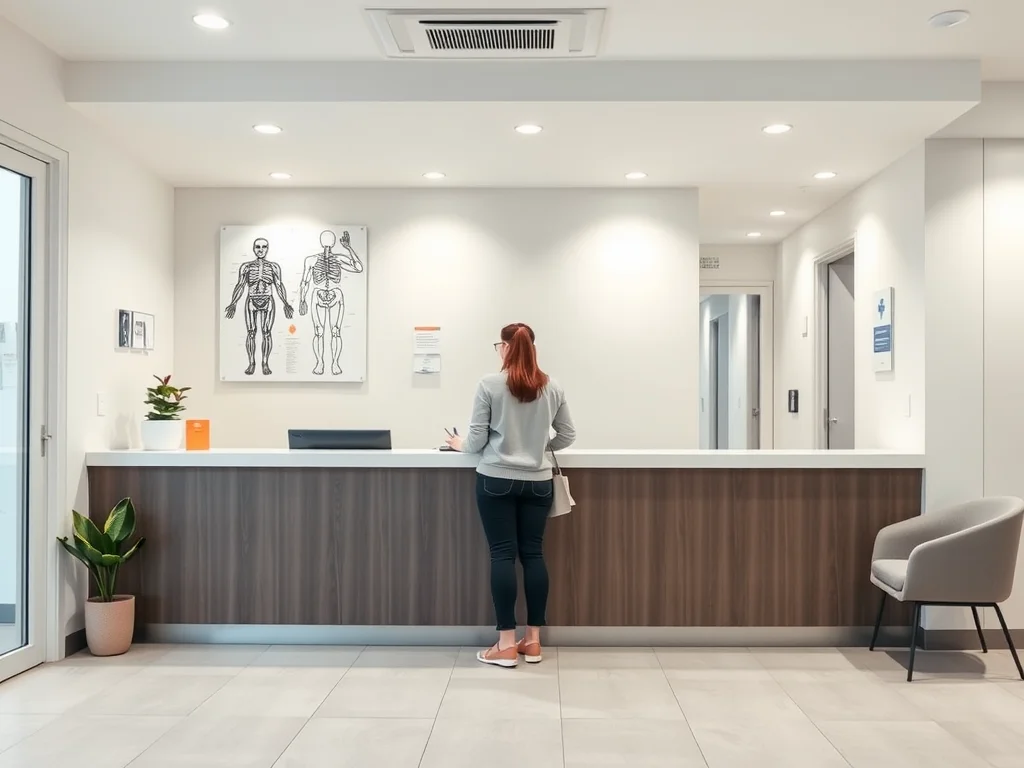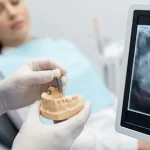Private healthcare in the UK offers a level of flexibility and choice that many patients find valuable, particularly when it comes to access and speed. One of the more empowering aspects of this system is the ability to self-refer for certain diagnostic services and treatments without needing a GP referral. This route allows individuals to take charge of their own health by accessing services directly.
Self-referral is particularly useful when a patient recognises symptoms that may warrant investigation or monitoring, or when a previous diagnosis requires a follow-up scan. In some cases, patients choose to explore options privately for peace of mind or quicker access. For example, MRI scan self referral is increasingly common, giving individuals the opportunity to book a scan without waiting for a GP appointment, especially when symptoms are persistent but not yet urgent.
Diagnostic Services Available Without a GP
A number of diagnostic tests can be accessed via self-referral. MRI scans, as mentioned above, are one of the most frequently requested options due to their ability to provide detailed imaging for a range of concerns, from musculoskeletal issues to neurological symptoms of healthcare access. Patients with a known condition or those monitoring recovery from an injury often choose to access this service directly.
In addition to MRI scans, some clinics allow self-referral for other imaging services, including X-rays, CT scans, and ultrasound. However, the availability of these services without a referral may vary depending on the provider and the nature of the symptoms. In most cases, the clinic will conduct a pre-assessment or ask for a short medical history to ensure the scan is appropriate and safe to proceed.
Who Can Benefit from Self-Referral?
Self-referral is often used by individuals who have previous medical experience or a clear understanding of their symptoms. Athletes recovering from injuries, patients with chronic conditions, or those who’ve previously had diagnostic tests are common users of these services. It can also be a useful route for people seeking a second opinion or those who feel their symptoms haven’t been fully addressed.
It’s worth noting that self-referral does not replace comprehensive medical care. While it offers quicker access to diagnostics, the results may still need to be reviewed by a GP or specialist, especially if follow-up treatment is required. Nonetheless, having the option to act independently can reduce stress and delay when symptoms arise.
What to Consider Before Booking
Before arranging any form of private healthcare access diagnostic testing, it’s important to be informed. Ensure the clinic is properly regulated, check if any preparatory steps are needed, and understand how the results will be delivered. Some providers offer virtual consultations or follow-up support, which can help interpret findings and advise on next steps.
Finally, patients should consider how the results of a private scan might be shared with their NHS record if future treatment is needed. Many private providers can coordinate this, but it’s always worth confirming beforehand to avoid duplication or delays later.







